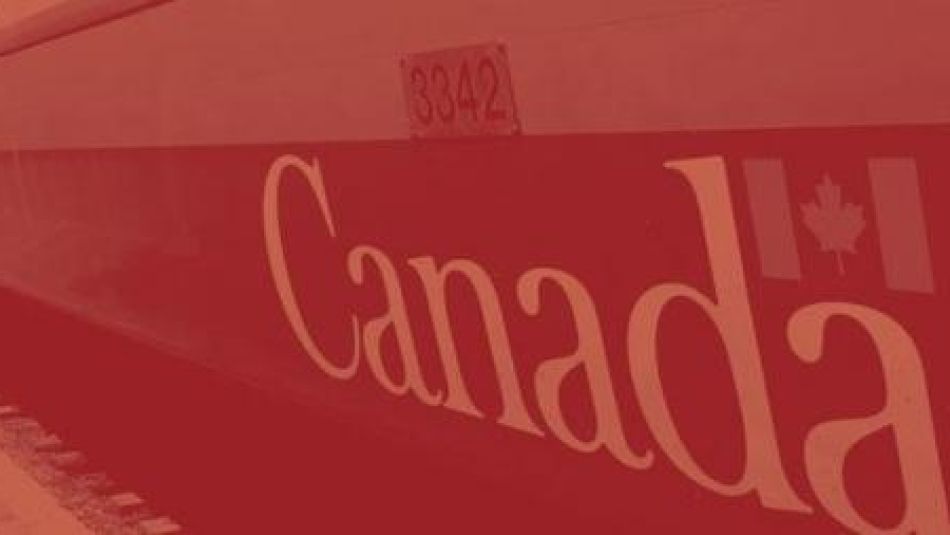
Share
Canada’s passenger rail system is in crisis, and Unifor is calling for an overhaul of the system, including developing a network of high speed railways, in a policy paper entitled “Getting on board,” unveiled today in Toronto.
“Railways helped build the modern Canada we know today,” said Unifor National President Jerry Dias. “Investing in passenger rail could translate into increased energy conservation, lower our ecological footprint and reduce urban congestion. That’s the way of the future.” Dias said that the government’s current attempts to cut their way to prosperity at Via Rail have resulted in abject failure.
In June of 2012, Via Rail management announced cutbacks in both employment and train frequency. Earlier that year, the Government of Canada announced another round of cutbacks in Via Rail’s public funding. Government projections for 2013 and 2014 indicate that Via Rail’s overall funding is set to be reduced by 65 percent between 2010 and 2014.
Years of government funding cuts at Via Rail have led to service and job reductions - and a corresponding decline in ridership, Unifor is calling for a new vision for passenger rail in Canada – a bold new plan that would introduce high speed rail to Canadians, boost jobs and help reduce Canada’s environmental footprint.
“No major public infrastructure project has come without working co-operatively with governments at all levels and stakeholders from all sectors,” said Dias.
Unifor is arguing that the modernization of Canada’s national passenger rail system could be a crucial ingredient in kick-starting a genuine economic recovery, creating good jobs for young workers who are facing record breaking unemployment rates.
Toronto City Councillor Adam Vaughan, who spoke at Unifor’s press conference in Toronto earlier today, welcomes Unifor’s vision. "High-speed rail is essential to connecting cities in southern Ontario, including our universities and colleges,” said Vaughan. “By connecting our communities and facilitating commutes for students and workers, a high-speed rail system would secure the future economic growth of the region."
“By publicly funding passenger rail and procuring domestically, the stimulus to manufacturing and associated creation of good jobs with ample tax benefits could be enormous,” said Unifor Economist Jordan Brennan.
“With faster trains, better service, increased connectedness and higher frequency, passenger rail would more effectively compete with the automobile and the airplane,” said Brennan.
To read Unifor’s newly released vision for Canadian passenger rail, visit www.unifor.org/passengerrail


